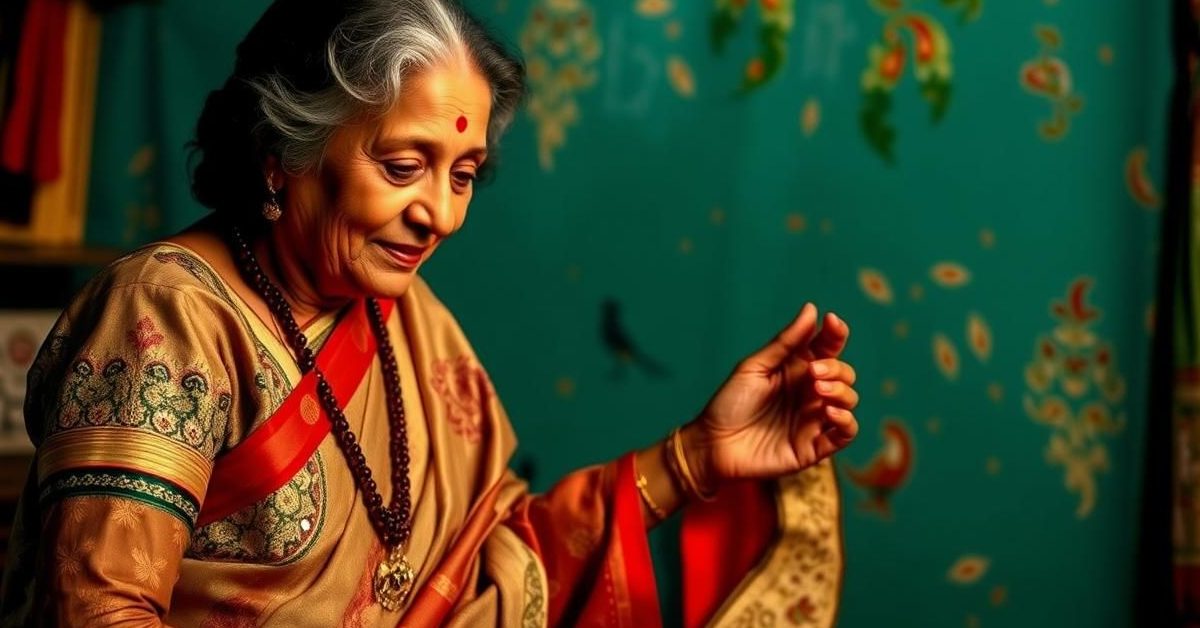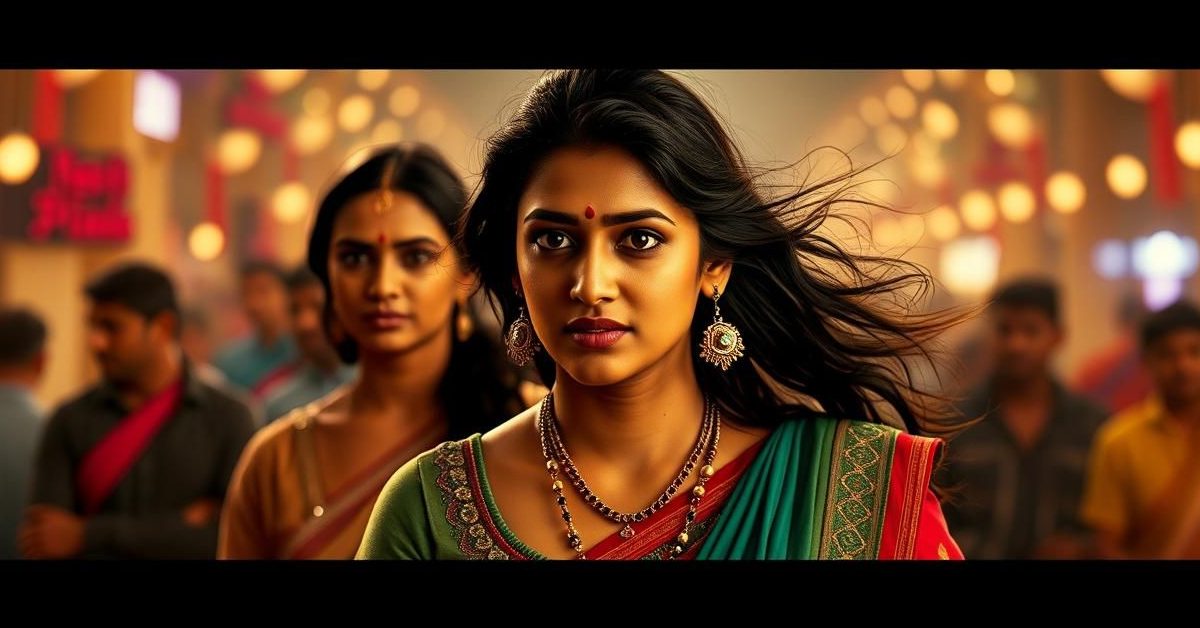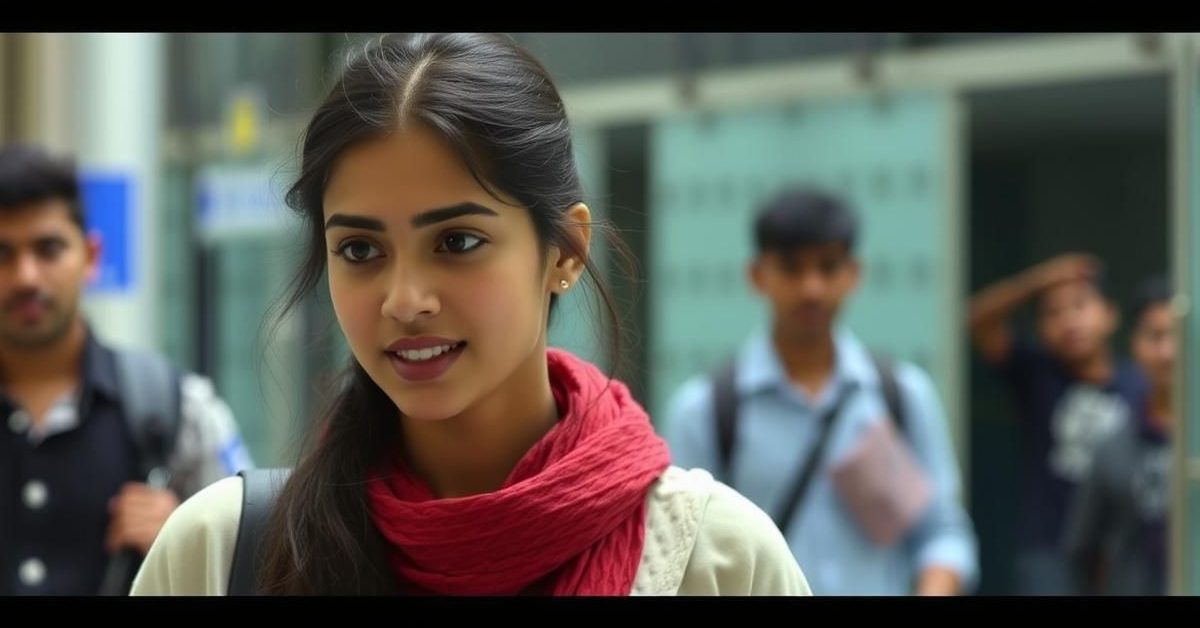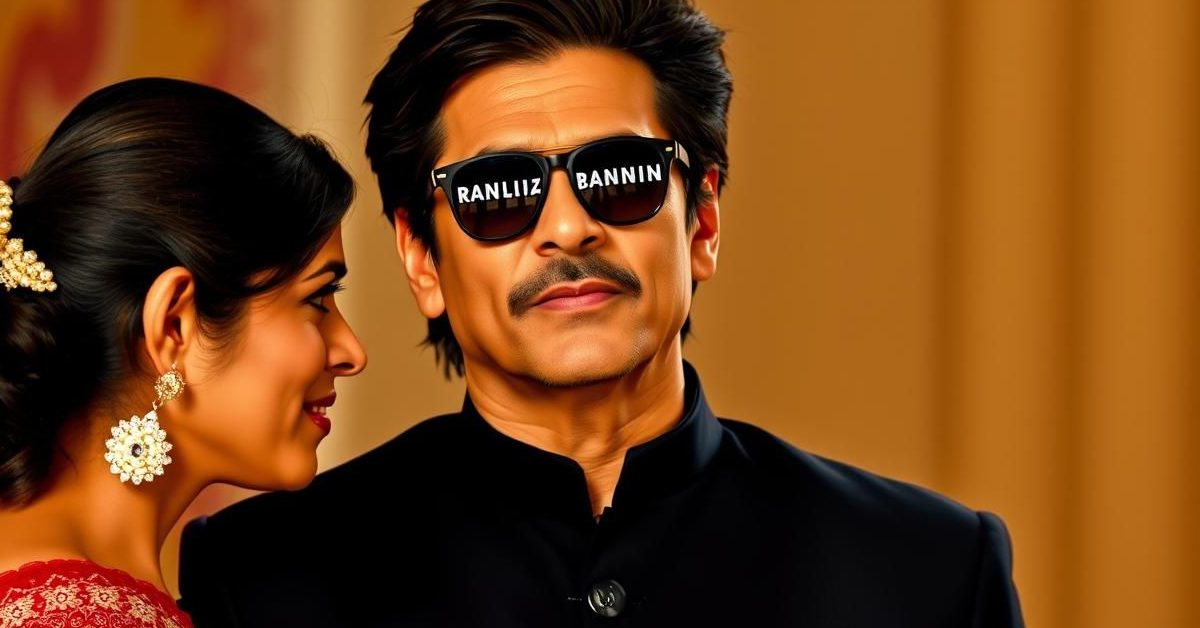Achala Sachdev, the veteran actress immortalized by the song “Ae Meri Zohra Jabeen” and remembered for her roles as affectionate grandmothers in films like “Kabhi Khushi Kabhie Gham” and “Dilwale Dulhania Le Jayenge,” reportedly left the film industry due to disrespect and faced a lonely farewell with hardly any Bollywood personalities at her funeral.
From Radio Waves to Silver Screen
Born in Peshawar in 1920, Achala Sachdev’s early life was marked by hardship. Losing her father at a young age, she witnessed her mother’s struggles and vowed to become independent before marrying.
Her journey into performance began at All India Radio in Lahore, where she honed her skills in radio dramas. After India’s Partition, she moved to Delhi and continued her radio career with AIR Delhi.
The Iconic “Zohra Jabeen”
At just 20 years old, Achala made her film debut in “Fashionable Wife,” coincidentally playing a mother. Despite her youth, she accepted the role, a decision that unfortunately led to her being typecast in similar motherly characters throughout her career.
She continued to balance her film work with her radio job, appearing in several acclaimed films in the 1950s. However, it was Yash Chopra’s 1965 classic “Waqt” that etched her into cinematic history, as the beloved song “Ae Meri Zohra Jabeen” was picturised on her, making her a household name.
A Career of Collaborations
Achala Sachdev worked alongside some of Bollywood’s biggest legends. Her filmography includes collaborations with Raj Kapoor in “Sangam” and “Mera Naam Joker,” Rajesh Khanna in “Andaaz” and “Daag,” and Sridevi in “Chandni.”
Her later roles endeared her to a new generation, most notably as Kajol’s doting grandmother in “Dilwale Dulhania Le Jayenge” and as Shah Rukh Khan and Hrithik Roshan’s grandmother in “Kabhi Khushi Kabhie Gham.”
Personal Trials and Disillusionment
Despite professional success, Achala’s personal life was challenging. Her first marriage to assistant director Gyan Sachdev ended in divorce, and her son, Jyotin, later moved abroad, leaving her to face solitude.
She found companionship through a second marriage to Clifford Douglas Peters, whom she met during a film shoot. They settled in Pune, but his passing left her alone once more. It was around this time that her frustration with the film industry grew.
Achala became increasingly tired of the lack of professionalism, including long waits for lead actors, and the general disrespect she felt as a veteran performer. This disillusionment ultimately led to her decision to quit acting.
A Quiet Farewell
In her final years, Achala Sachdev sought security by donating her flat to the Janseva Foundation, on the condition that they care for her. In 2011, she suffered a severe fall in her kitchen, which left her paralyzed and blind due to a fractured leg and head trauma.
Achala Sachdev passed away on April 30, 2012, just days before her 92nd birthday. Despite a career spanning decades and contributions to numerous iconic films, her funeral saw an unsettling absence of industry figures.
Only her son, who flew in from the US, along with about 40 relatives and friends, attended her last rites. While public tributes came from personalities like Amitabh Bachchan and Ekta Kapoor, the silence from the wider film fraternity at her farewell underscored a poignant end to a remarkable career.
- Achala Sachdev was known for iconic roles and the song “Ae Meri Zohra Jabeen.”
- She worked with Bollywood legends like Raj Kapoor, Yash Chopra, and Karan Johar.
- She quit acting due to a reported lack of professionalism and disrespect in the industry.
- Her funeral was largely unattended by Bollywood personalities, with only her son and a few others present.
Her story serves as a reminder of the often-unseen struggles and sometimes overlooked legacies of veteran artists in the entertainment world.















